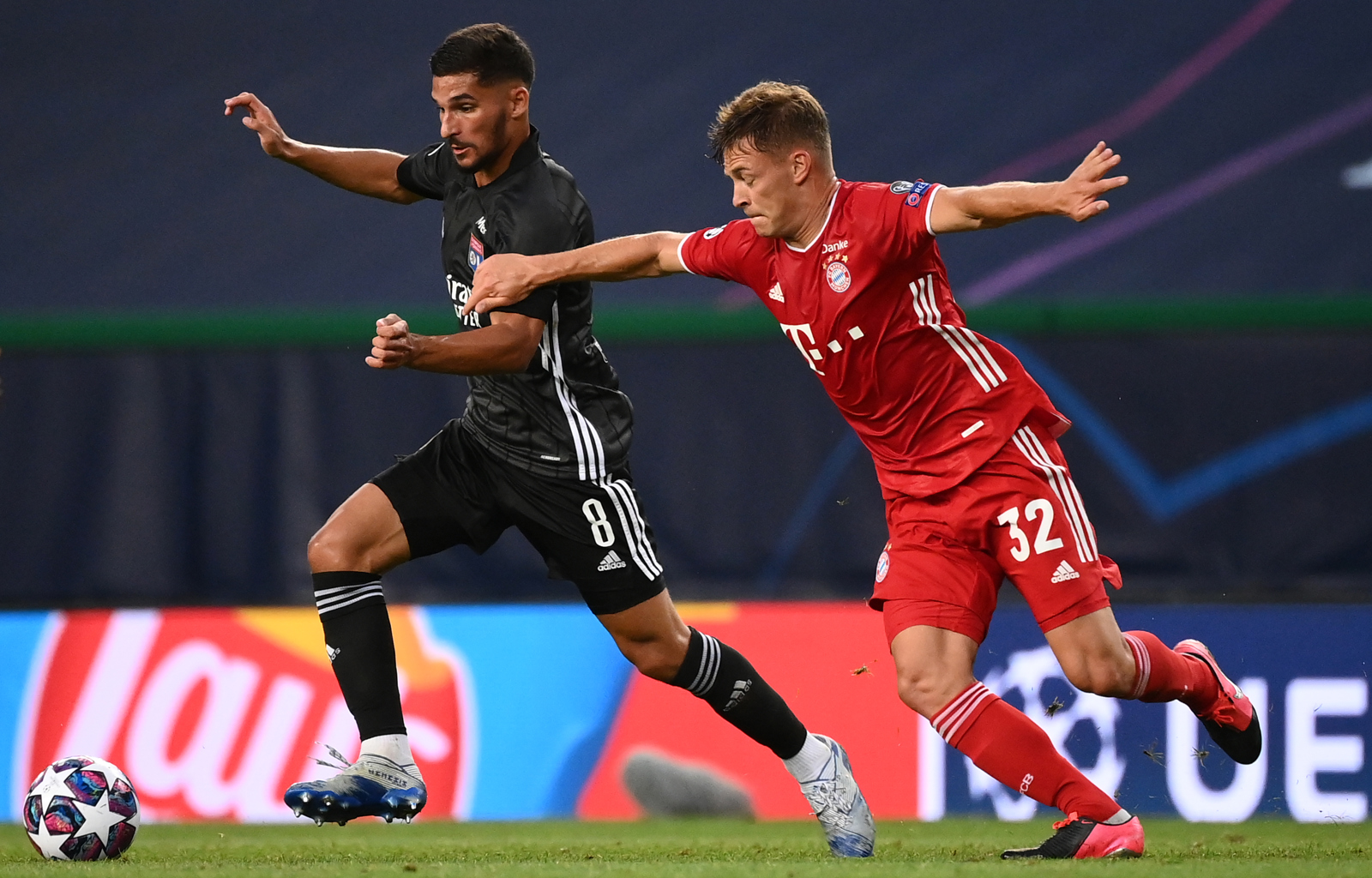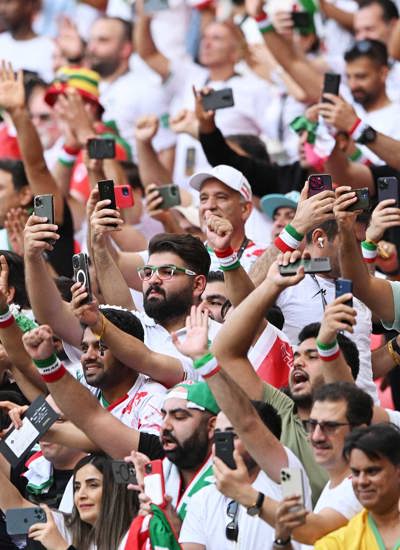
These principles have been developed in parallel and shared with the football stakeholders within the FIFA Calendar Working Group. The guidelines are part of the ongoing efforts by ECA and FIFPRO to work collectively with all stakeholders to help manage the impact of COVID-19 on the football industry and in particular on professional players, clubs, leagues and federations.
The ongoing COVID-19 pandemic has created exceptional health and economic challenges in professional football, which will impact our game for years to come. Part of this impact is an extremely condensed schedule of matches and competitions, a situation which will continue until the conclusion of the 2022/2023 season. It is likely that pressure on the calendar will further intensify during this pandemic, increasing injury and potential infection risks of players, especially those playing in international competitions.
For professional football, as for any industry and sector of our society, the impact of COVID-19 has reinforced the need for international cooperation, constructive dialogue and consensual solutions among stakeholders. This collaboration is needed to ensure the organisation and scheduling of football competitions.
The need to identify balanced solutions in the interest of the game must prioritize care for player health and performance. At the same time, clubs, who bear the risk of the significant investments made in their squads and infrastructure, must also be protected against the risk of being deprived of their players in their activities.
The guidelines propose an initial framework of protections to prevent the unnecessary risk of infections, restrict an increasing numbers of injuries and establish baselines for the future scheduling of matches. They have been developed in respect of the shared responsibilities as employers and employees in professional football. The guidelines sit alongside domestic and international return-to-play protocols and other agreements relating to the rest and recovery of players.



